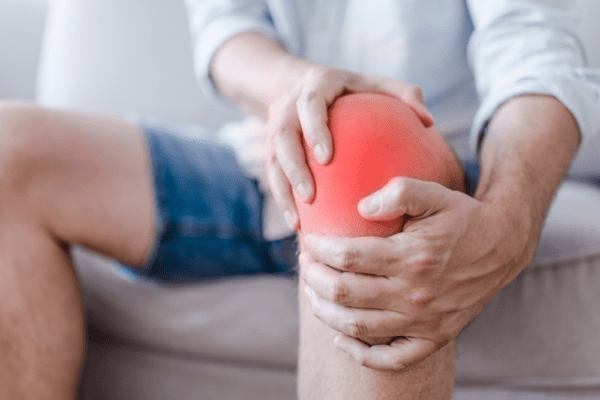Autoimmune diseases affect lives of millions worldwide. But a large part of the statistics shows that autoimmune diseases are more prevalent in women than in men. Women are healthier and live longer than men. They are less prone to infectious diseases but are more susceptible to autoimmune diseases. It has been observed that 80% of individuals with autoimmune diseases are women, which makes about 5–10% of the population.
Autoimmune diseases turn people’s own immune systems against their bodies. It occurs when the body’s immune system becomes misdirected and starts attacking its own organs. Autoimmune conditions affect the body’s ability to fight viruses, bacteria and infections. They are a heterogeneous group with multifactorial causes and consist of more than 100 illnesses that involve almost every human organ system.
Women and Autoimmune Diseases
Women account for 80–95% of patients with primary Sjögren’s syndrome, systemic lupus erythematosus (SLE), primary biliary cirrhosis, autoimmune thyroid disease and systemic sclerosis, and about 60% of arthritis and multiple sclerosis patients are women. Some autoimmune diseases, on the other hand, like ankylosing spondylitis, are more common among men.
Several research have identified immune related genes and DNA components to be part of the reason why far more women get diagnosed with autoimmune diseases. Humans male children are born with an X and a Y chromosome, while female infants have two X chromosomes in each of their body cells. So, while males inherit their mother’s X chromosome and father’s Y chromosome, females inherit X chromosomes from both parents. A study published in the PNAS journal, showed differences in how each of the female offspring’s X chromosomes is regulated, suggesting that the X chromosome they get from their father may help to explain their misfiring immune system in the case of autoimmune diseases.
The presence of two X chromosomes heightens the immune system, making women have stronger immune responses than men, with more robust responses to some vaccinations and infection, but also makes them more predisposed to develop autoimmune diseases. Moreover, estrogen hormone is pro inflammatory, which makes it all the riskier for women in case the cells self-attack.
What Other Theories Say
There have been other researchers conducted and theories found who point to other factors of higher rates of autoimmune disorders in women. One of them includes the placenta. In a paper published last week in the journal Trends in Genetics, Melissa Wilson, a biologist, explains the “pregnancy-compensation hypothesis”. The theory suggests that
when the placenta grows during pregnancy, the organ sends signals to the mother’s immune system to change its activity. This might mean turning down the immune system in some ways, or for some periods of time. However, turning down the immune system too much risks leaving women sensitive to pathogens, which would also be bad for the fetus. So instead the mother’s immune system ramps up in other ways so as to remain vigilant against germs even when some of its parts become dormant during pregnancies.
However, problems occur when those pregnancies don’t actually happen and there is no pushback from the placenta during pregnancies—the pushback that women’s immune systems have evolved to anticipate—the immune system can get too aggressive, too ramped up. It starts looking for things to attack that aren’t dangerous, which is how autoimmune diseases set in.
Another theory suggests part of the answer may lie in the skin. Evidence found points to a key role for a molecular switch called VGLL3 which women tend to have more of in their skin than men do. This VGLL3 might be what causes a heightened immune response in women.
There could be many reasons why most autoimmune diseases are far more prevalent in women than in men. More research and substantial evidence could lead to early diagnosis and better treatment of autoimmune conditions.




